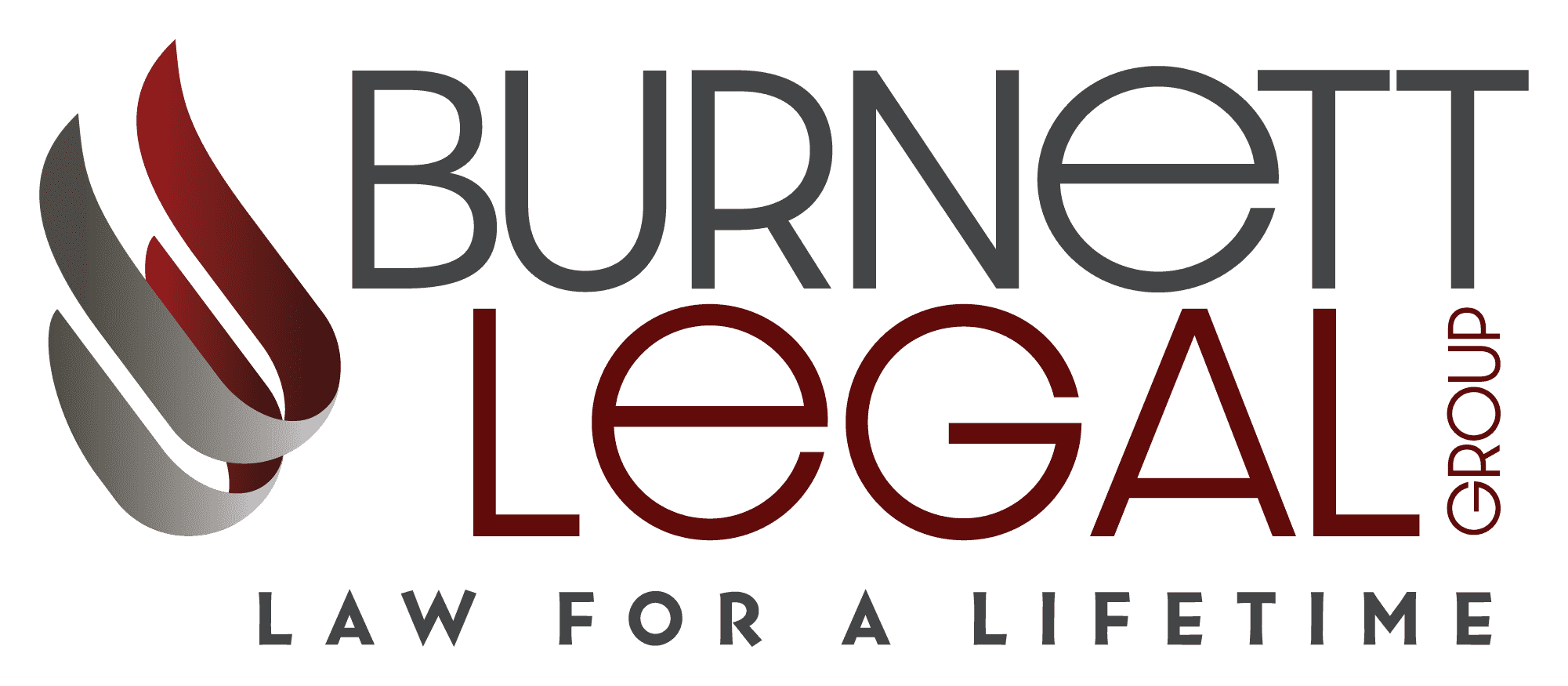No one ever expects to be put in handcuffs and charged with a serious crime. But the reality is that it happens – and often. Thousands upon thousands of people are charged with misdemeanors and felonies across the country each year, many of whom never thought they were doing anything illegal.
If you are ever faced with criminal charges filed against you, will you know what to do, how to act, and what words to say? To best protect your rights and be proactive about your criminal defense case, it helps to know what to do ahead of time in case you’re ever charged with a crime.
Legal pointers that everyone should know when faced with criminal charges:
- Remain silent: Everyone has the right to remain silent granted by the Fifth Amendment of the U.S. Constitution. Yes, this is granted to everyone in the country, including undocumented immigrants and convicted felons. When arrested and before being charged, you should be reminded of this right in the form of a “Miranda warning”, named for the important 1966 Supreme Court case Miranda v. Arizona. If you don’t think you have anything useful to say to the police, invoke your right to be silent for the time being.
- Be polite: When you do need to interact with law enforcement, always stay calm and polite, which also means never resisting arrest. You can be 100% certain you’ve done nothing wrong, but a police officer might still want to arrest you. This is still not a valid reason to resist arrest, which will only jeopardize your case further.
- Ask about your charges: If you are not read your charges clearly, do not be afraid to ask to hear them again. You need to know exactly why you have been charged in order to effectively fight those charges.
- Call your lawyer: Once you know your charges and you are given an opportunity to use the phone at the police station, call a local criminal defense attorney. They are your first line of reliable defense against your charges. Yes, you can be assigned a defense lawyer for free by the state, but, no, you should not depend on them for the most effective representation. Public defenders are overworked and cannot devote much time at all to your case.
- Take notes: Depending on why you are charged and where you are held, you might have access to a pad of paper and a pen. Request these items so you can start taking notes as needed. Document what you remember about your arrest and what has happened while you were in custody. Note anything you think can be helpful but avoid writing down any possibly incriminating statements.
- Don’t discuss it openly: Speaking of watching what you write down, be mindful of what you say once you are out of police custody, such as if you post bail. Basically, you shouldn’t talk about your case with anyone but your criminal defense attorney. Trusted friends can turn into gossips, unintentionally jeopardizing your case by spreading misinformation.
Have you been arrested in Omaha, Nebraska? The team at Burnett Wilson Law includes three attorneys – Karen Nelson, Joe Risko and Andy Wilson – who have years of experience providing effective defense for clients faced with criminal proceedings. We are standing by to hear your side of the story and help you craft a reliable defense against your charges, whether you’re charged with assault, burglary, DUI, and so forth. Call (402) 810-8611 now to learn more.


